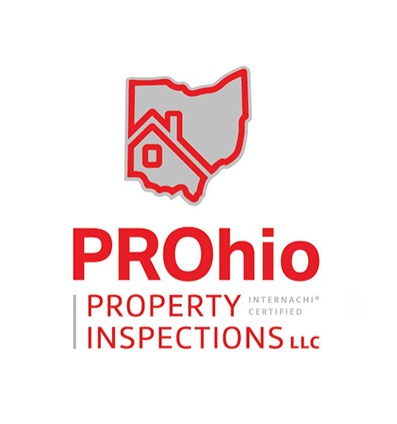Radon Testing
Our radon testing service is conducted by a state certified radon tester who uses state-of-the-art equipment to measure the levels of radon gas present in your home or workplace accurately. Our inspector follows strict protocols to obtain reliable results, and we provide detailed reports that outline the findings of our tests. If our tests indicate high levels of radon gas, we will recommend appropriate measures to mitigate the risk, such as ventilation or the installation of a radon mitigation system. We take your safety seriously and are committed to providing you with accurate results and recommendations to protect your health.
Call or Text today to schedule an inspection: 330-361-9555



What is radon?
Radon is a colorless and odorless gas that comes from the soil. The gas can accumulate in the air we breathe. Exposure to radon over a long period of time can lead to lung cancer.
Is there a safe level of radon?
Any radon level poses some health risk. While it is not possible to reduce radon to zero, the best approach is to lower the radon level as much as possible. The Environmental Protection Agency (EPA) has set the action level at 4 pCi/L (picocuries of radon per liter of air). At this level or higher, it is highly recommended to install a radon mitigation system to reduce the radon level.
What are the health risks of radon?
Radon is the number one cause of lung cancer for non-smokers and the second leading cause of lung cancer in smokers. Your risk for lung cancer increases with higher levels of radon and longer periods of exposure. It is estimated that 21,000 people die each year in the United States from lung cancer due to radon exposure. For smokers, the risk of getting lung cancer from radon exposure is higher than for non-smokers. Reducing smoking and radon exposure greatly reduces the risk of lung cancer.
A radon test is the only way to know how much radon is in your home. Radon can be reduced with a mitigation system.
